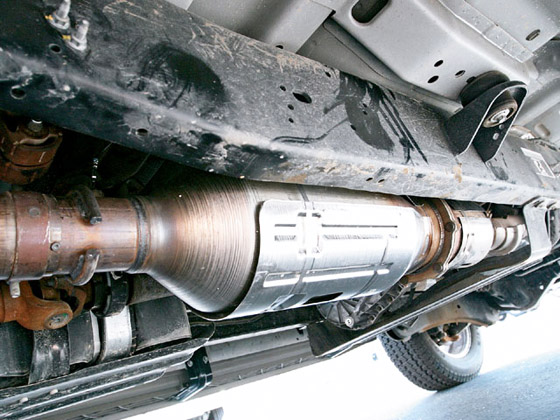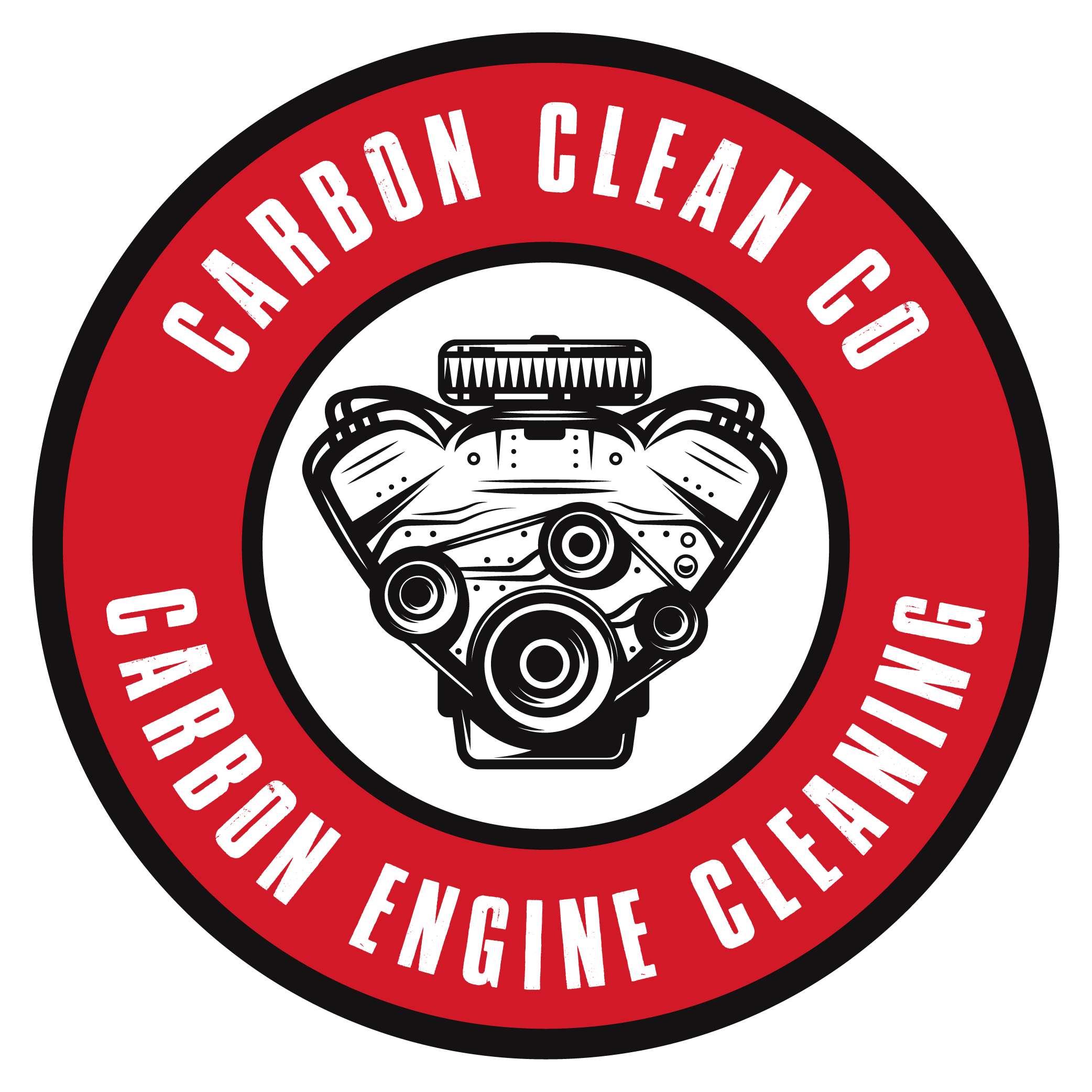Maximizing DPF Performance and Safety: The Importance of Regular Maintenance and Cleaning
Forced Diesel Particulate Filter (DPF) regenerations are sometimes necessary to prevent DPF blockages and maintain the proper functioning of a vehicle’s emission control system. However, there are potential dangers and drawbacks associated with forced DPF regenerations:

- Incomplete Regeneration: A forced regeneration may not always completely clean the DPF. If the process is interrupted or not carried out correctly, it can lead to residual soot and ash buildup, which can decrease the DPF’s efficiency and require more frequent regenerations.
- Overheating: During a forced regeneration, the exhaust temperatures are significantly increased to burn off the accumulated soot. This can lead to overheating issues in the exhaust system, including the turbocharger and other components, potentially causing damage.
- Increased Fuel Consumption: Forced DPF regenerations can result in increased fuel consumption as the engine has to work harder to raise exhaust temperatures. This can have an adverse effect on fuel efficiency and operating costs.
- Component Wear: Frequent forced regenerations can accelerate wear and tear on engine components, such as the turbocharger, due to the increased temperature and stress they endure during the process.
- Decreased Engine Life: Over time, the repeated stress from forced regenerations can potentially reduce the overall lifespan of the engine and other associated components.
- Operator Intervention: In some cases, forced DPF regenerations require operator intervention, which can be inconvenient and time-consuming.
- Potential for Damage: If a forced regeneration is not performed correctly, it can result in damage to the DPF, exhaust system, or the engine itself.
To minimize the risks associated with forced DPF regenerations and ensure the optimal performance and longevity of the DPF, it’s essential to follow manufacturer guidelines and recommendations. Regular maintenance, such as DPF cleaning, and addressing the root causes of DPF blockages (such as using high-quality fuel and addressing engine problems) can help reduce the frequency of forced regenerations and their associated risks. When forced regenerations or DPF cleaning are necessary, it’s important to ensure that they are carried out by qualified technicians who are familiar with the specific vehicle’s system to minimize potential issues.

Leave a Reply